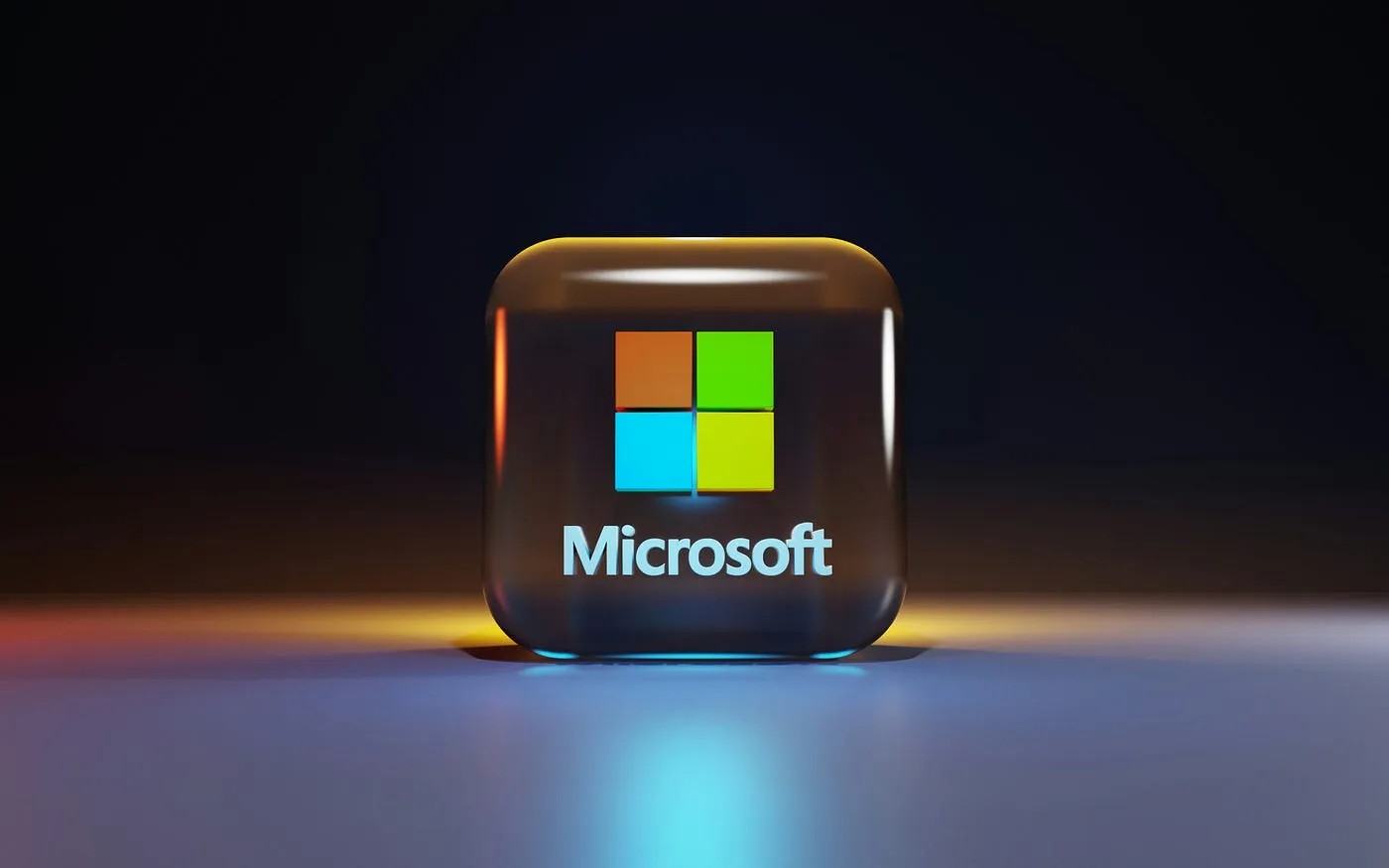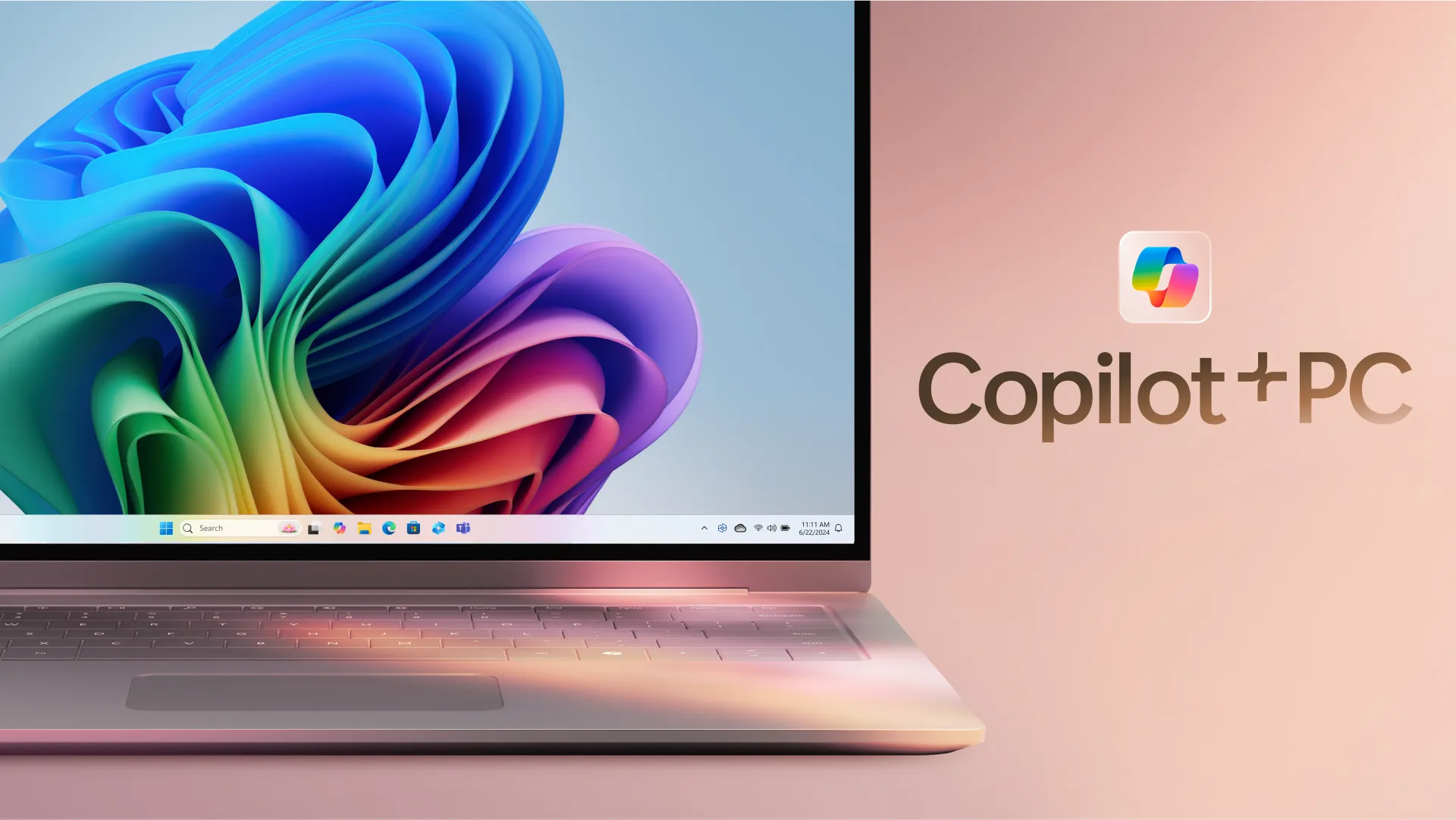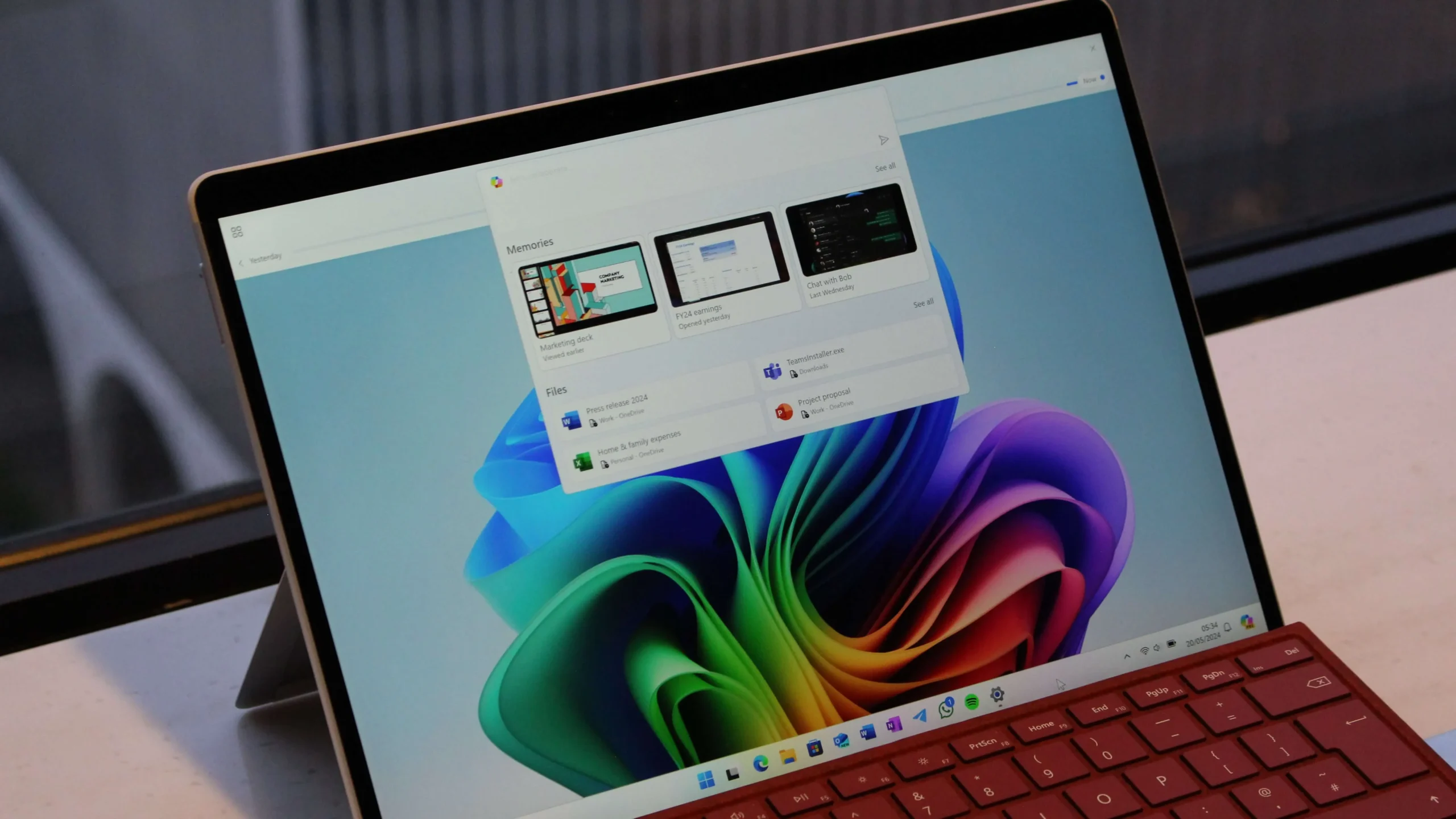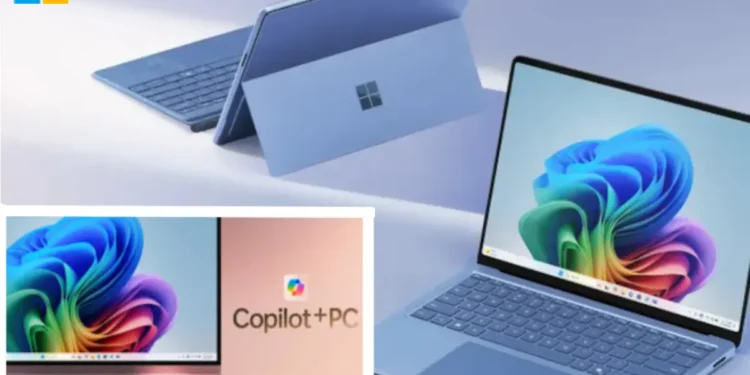After a storm of criticism and privacy concerns, Microsoft is quietly reviving its controversial Recall feature, now set for inclusion in the Windows 11 Release Preview channel for Copilot+ PCs. Initially introduced at the 2023 Build developer conference, Recall was meant to provide users with a way to relive their computer activity by automatically capturing screenshots every few seconds. The feature was touted as an AI-powered tool for retrieving past actions, whether it be work tasks, study sessions, or browsing activities. However, after privacy advocates, security researchers, and IT professionals raised alarms, Microsoft temporarily shelved the feature.

Now, less than a year later, Microsoft is bringing it back with a few key changes, including the addition of an opt-in option and stricter privacy protections. But the question remains: can Microsoft overcome the privacy backlash and prove that this feature is actually useful?
What Is Recall and How Does It Work?
Recall’s initial design was ambitious: it would take screenshots at regular intervals, storing them in a local database on your computer. The idea was simple: when you need to remember what you were doing at a certain time, you could simply search for it using AI-powered queries. The technology aimed to integrate AI directly with users’ workflows, allowing them to revisit past tasks, instantly pull up past communication, or even check keystrokes or websites they had visited.
The feature’s potential was obvious. In theory, Recall would allow users to quickly return to their work or study tasks, picking up exactly where they left off days or even weeks earlier. The downside? Microsoft’s AI would log everything, creating a digital archive of user activity. While the company promised privacy safeguards, such as redacting sensitive information in the browser (but only if users were on Microsoft Edge), this raised significant concerns about the security of personal data.
Privacy Backlash Forces Microsoft to Rethink Recall
The initial reception to Recall was anything but positive. Security experts, like Alex Hagenah, pointed out vulnerabilities in the system, demonstrating that it was too easy to bypass Microsoft’s protections. The proof-of-concept tool Total Recall, for example, could easily extract data from the Recall SQLite database, exposing user activities and personal data.

Following this outcry, Microsoft paused the feature’s rollout in June 2023, acknowledging that more work was needed before the feature could be released to the public. But, as many users suspected, it wasn’t the end of Recall—it was just the beginning of a quieter, more cautious approach.
In November 2023, Microsoft tried again, releasing a new version of Recall on select Copilot+ PCs, but this time, the feature was turned off by default. Even then, it was limited to Windows Insider builds in the Dev Channel for Qualcomm-powered machines, with support later extending to Intel and AMD-based systems.
The Return of Recall: Is It Ready for Mainstream Use?
Now, with the release of Windows 11 Build 26100.3902 in April 2025, Microsoft is preparing Recall for its mainstream debut. The company has made some crucial changes: the feature will be opt-in, and users will have full control over how their data is used. Microsoft claims that data captured by Recall will be stored locally, encrypted, and never shared with the company or third parties. Users will also have the ability to delete snapshots, pause the feature, or turn it off entirely at any time.
Despite these reassurances, many users remain skeptical. Even with additional security measures, the idea of having every action recorded could feel intrusive, especially if the system ever encounters a bug or gets exploited. In a time when digital privacy is under increasing scrutiny, will Microsoft’s new approach be enough to win back public trust?
OpenAI Joins the Memory Game: Is AI Remembering Too Much?
Microsoft is not alone in experimenting with memory features. OpenAI, the company behind ChatGPT, has also jumped into the “memory” game, allowing users to revisit past conversations with the AI. Sam Altman, OpenAI’s co-founder, expressed excitement about AI’s potential to become more personalized by remembering previous interactions. “We have greatly improved memory in ChatGPT – it can now reference all your past conversations!” Altman said, hinting at the potential of AI systems that “get to know you over your life.”

The parallels between Microsoft’s Recall and OpenAI’s memory feature are striking. Both companies are betting on AI that not only helps users perform tasks but also evolves over time, learning and adapting to better meet individual needs. But as with Recall, questions of privacy and control are inevitable. How much should AI remember, and for how long?
What’s Next for Recall and Copilot+ PCs?
Microsoft has been clear that Recall will not be available to all users immediately. The feature will begin rolling out in early 2025 to most markets, with European users expected to wait until later in the year. Additionally, Recall will be available in select languages, including English, Chinese, French, German, Japanese, and Spanish. To use the feature, users will need one of Microsoft’s Copilot+ PCs, which are equipped with a neural processing unit (NPU) for the AI processing demands.
As the feature becomes more widely available, it will be interesting to see how users respond. Will Recall become a helpful tool for productivity, or will privacy concerns outweigh its benefits? Microsoft has promised more control over data and improved security, but whether that’s enough to sway public opinion remains to be seen.
Microsoft’s Recall feature is back, but its future is far from certain. While the idea of using AI to help users “recall” past actions may sound intriguing, the privacy risks it poses are real. With its opt-in approach, encrypted storage, and user controls, Microsoft is trying to reassure the public, but skepticism remains. As AI continues to evolve, the challenge for tech giants like Microsoft and OpenAI will be to balance innovation with user trust. Time will tell if Recall is truly ready for prime time or if it will be remembered as just another misstep in the pursuit of AI-powered productivity.










